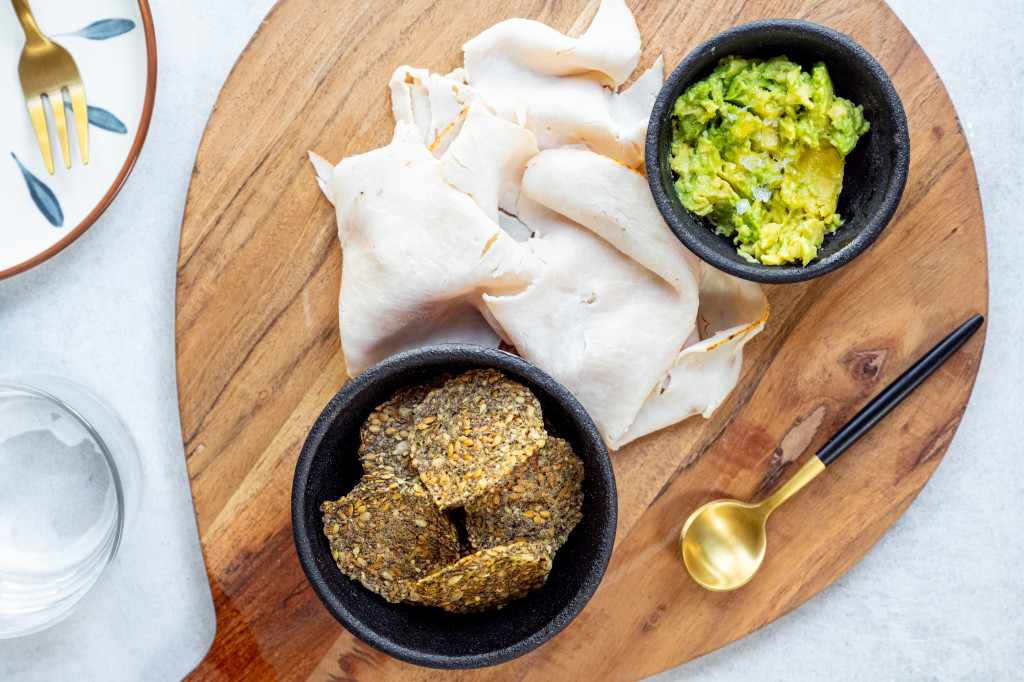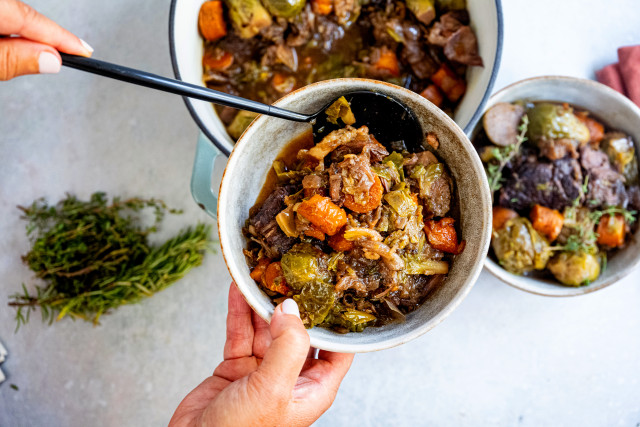
Maximizing Your Gains: The Importance of Post-Workout Nutrition
You've just finished an intense workout session, pushing your body to its limits and breaking a good sweat. But your journey to achieving your fitness goals doesn't end with the last rep or the final mile. In fact, what you do after your workout can be just as crucial as the effort you put in during your training session. Post-workout nutrition plays a vital role in maximizing your gains, aiding in recovery, and ensuring your body has the necessary nutrients to repair and grow stronger. Let's delve into why post-workout nutrition matters and how you can optimize it for better results.
The Importance of Post-Workout Nutrition
After a workout, your body is in a prime state to absorb nutrients and kickstart the recovery process. During exercise, your muscles undergo stress and micro-tears, and your glycogen stores are depleted. Additionally, the body's protein synthesis, responsible for repairing and building muscle tissue, is heightened post-workout. Providing your body with the right nutrients at this crucial time can enhance recovery, reduce muscle soreness, and promote muscle growth.
Key Nutrients for Post-Workout Recovery
Protein
Protein is essential for muscle repair and growth. Consuming protein post-workout provides your muscles with the necessary building blocks (amino acids) to repair and rebuild. One study, on males, found that eating immediately after a workout, versus waiting an hour and a half, led to lower levels of muscle protein breakdown. Although there is less research on females, studies suggest that women experience the greatest anabolic effect when they consume protein both before and after workouts. The Institute of Medicine recommends between 1.4-1.8gm/kg of body weight. However, depending on an athlete’s goal, this may be closer to 2gm/kg in some cases. In general, protein may make up between 10-35% of an athlete’s total calories. Post-workout, opt for fast-digesting protein sources such as eggs or Greek yogurt -- as opposed to beans which have fiber too -- to quickly deliver amino acids to your muscles. Protein powders, such as grass-fed whey or beef protein, can be great options when whole foods are not accessible.
Carbohydrates
Glycogen stores are glucose that has been stored in the liver and muscles. Exercise depletes glycogen stores, and so carbohydrates are needed to replenish them. Consuming carbohydrates post-workout helps restore energy levels and enhances recovery due to the effect of exercise on increased glucose uptake in the muscle. Post-workout nutrition is not one-size-fits-all, and individual needs may vary based on factors such as exercise intensity, duration, and personal goals. Although total carbohydrate intake will vary, it generally makes up between 30-65% of your total calories. For women, endurance training will require greater post workout carbohydrates than resistance training. Because women also use less glycogen than men during strength training exercises, they often require less carbohydrate intake for recovery. Pre-menstrating women need to consider increasing calories, including carbohydrates, in the luteal phase of the cycle due to increases resting energy expenditure. When consuming carbohydrates post-workout, aim to eat as close to the end of your workout as possible and choose whole food carbohydrates such as brown rice, quinoa, sweet potatoes, and fruit. Consuming whole food-based carbs, which are higher in fiber, will reduce the risk of developing conditions such as diabetes, cardiovascular disease, and stroke that are commonly linked to high glycemic meals.
Fluids
Hydration is key for optimal performance and recovery. During exercise, you lose fluids through sweat, and it's crucial to replenish them after a workout to prevent dehydration. Loss of total body water can increase cardiovascular stress and lower aerobic performances. Sweat loss also leads to sodium loss, especially in warmer climates.
Although water is an excellent choice for rehydration, both water and electrolytes need to be replaced to ensure euhydration. Euhydration is defined as "the state of optimal total body water content as regulated by the brain." Electrolytes such as sodium, potassium, and magnesium play vital roles in muscle function and hydration. Replenishing electrolytes post-workout helps restore electrolyte balance and aids in hydration and muscle recovery. Foods like bananas, nuts, and leafy greens are rich in potassium and magnesium, while electrolyte powder mixes can provide sodium and other electrolytes. LMNT & Relyte are two electrolyte brands I like to use.
Sample Post-Workout Meals and Snacks
- Whey protein shake with banana
- Grilled chicken breast with sweet potatoes
- Greek yogurt with berries
- Salmon salad with brown rice
- Quinoa salad with mixed vegetables and tofu
Those engaging in intense resistance training may require higher protein intake, while endurance athletes may focus more on carbohydrates for glycogen replenishment. However all athletes should aim to consume a balance of protein, vegetables and healthy fats at each meal. Depending on goals, starches can either be added to meals or used for after workout recovery.
Post-workout nutrition is a critical component of any fitness regimen, playing a pivotal role in recovery, muscle repair, and performance. By fueling your body with the right nutrients at the right time, you can optimize your gains, reduce muscle soreness, and accelerate progress towards your fitness goals. Whether it's a protein-packed shake, a balanced meal, or a nutritious snack, prioritize post-workout nutrition to maximize the benefits of your hard work in the gym or on the field. Remember, what you eat after your workout matters just as much as the effort you put in during your training session. If you need specific recommendations for your goals, or support in meal planning, consider working with one of our functional medicine dietitians to help you achieve your goals and feel your best!


